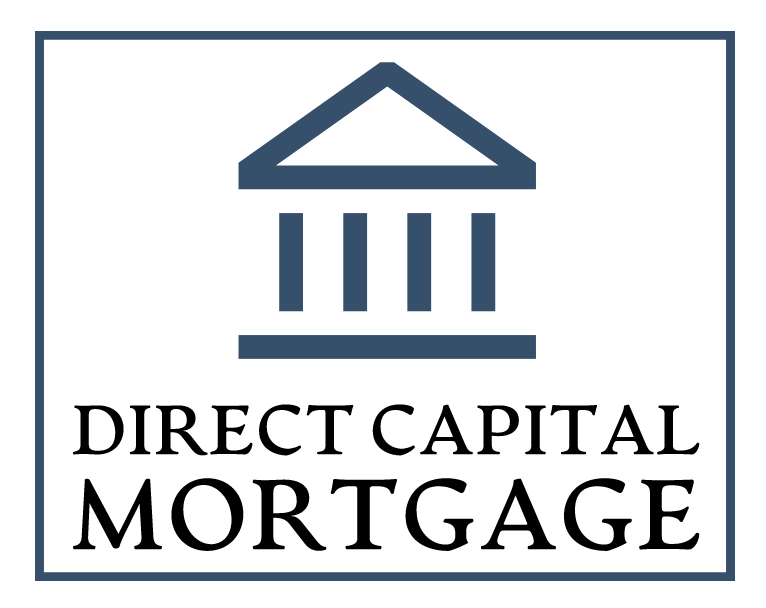Reverse mortgages have long provided elderly homeowners with financial relief and security during their retirement years. However, the complex nature of these loans often raises questions about what happens to the property when the homeowner passes away. This article delves into the intricate process that unfolds upon the owner's passing and explores the responsibilities of family members and heirs, shedding light on whether they are held accountable for repaying the loan.
Understanding Reverse Mortgages: A reverse mortgage is a financial arrangement designed to allow seniors to convert a portion of their home equity into cash, helping them supplement their retirement income. Unlike traditional mortgages, where borrowers make monthly payments to the lender, reverse mortgages involve lenders providing funds to homeowners, who are not required to repay the loan until they no longer reside in the home.
Owner's Passing and Loan Repayment: When the owner of a property with a reverse mortgage passes away, a series of steps are set in motion. Initially, the loan becomes due, and the lender typically initiates a process known as "loan maturity." The family of the deceased homeowner then faces a critical decision: either repay the loan, typically through the sale of the property, or initiate a process to transfer ownership.
Responsibilities of Family Members: The responsibility of family members hinges on their intentions regarding the property. If they decide to keep the property, they must repay the reverse mortgage loan balance. This can be achieved through a variety of means, including refinancing the loan, utilizing personal funds, or obtaining a traditional mortgage. However, if the heirs opt to sell the property, the loan balance is paid off from the sale proceeds, and any remaining funds belong to the estate.
Heirs and Loan Repayment: One of the key benefits of a reverse mortgage is its non-recourse feature. This means that heirs are generally not held personally liable for repaying the loan beyond the value of the property. In the event that the loan balance exceeds the property's value, heirs are protected from assuming the debt. They can choose to allow the lender to take possession of the property and sell it to settle the debt, without any financial obligation on their part.
Navigating the aftermath of a reverse mortgage when the property owner passes away requires careful consideration and understanding of the responsibilities involved. Family members and heirs should be aware of their options, whether they choose to repay the loan and keep the property or sell it to settle the debt. The non-recourse nature of reverse mortgages provides heirs with a level of protection, ensuring that they are not personally responsible for repaying the loan beyond the value of the property. As reverse mortgages continue to play a role in retirement planning, knowledge of the post-owner passing process becomes an essential tool for heirs and families to make informed decisions.
Date Posted: 8/07/2023
by Alexander Pfleger



